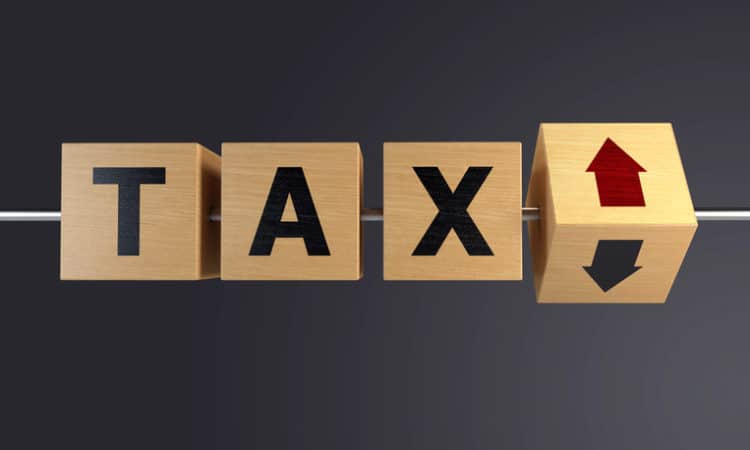CFOs: Do you find technology makes paying tax easier?
PwC said it does according to its survey findings. The survey, whose findings have been featured in a report titled Paying Taxes 2020 produced by PwC and the World Bank Group, draws upon a comparison of the taxation of business in 190 economies, said PwC, adding that the report models business taxation in each economy using a medium-sized domestic company as a case study.
In both Brazil and Vietnam, the time required to comply with tax obligations was 23% lower in 2018 than in 2017 and in Côte d’Ivoire, the Kyrgyz Republic and Israel, there were large reductions in the number of tax payments, said PwC.
Overall, the global average of the compliance burden for business taxation remained relatively stable across the four key measures used to evaluate ease of paying taxes for businesses: time to comply (234 hours); number of payments (23.1); total tax and contribution rate (40.5%) and a post- filing index (60.9 out of 100), the company added.
While the global average of the total tax and contribution rate remained almost flat, there have been significant policy shifts among individual economies, PwC pointed out.
Since 2012, the average time to comply with tax obligations is 27 hours shorter and an average of 4.4 fewer payments are required, the firm noted.
Technological advances drove both improvements, according to PwC. The total tax and contribution rate has edged lower to 40.5% from 41.9% over the same period, survey results indicate.
The post-filing index, introduced in 2014, has climbed to 60.9 in 2018 from 58.9 five years ago, the company said businesses should incorporate new tax technology into their operations to respond to the increased demand for data from tax administrations.
“For all governments, effective tax administration is a priority while how well the tax administration functions can influence perceptions of government broadly,” said Rita Ramalho, Senior Manager of the World Bank’s Global Indicators Group. “If paying taxes is seen as easy, straightforward, and fair, it will reflect well and can generate support for the collection of revenues that are important to providing much-needed services.”




